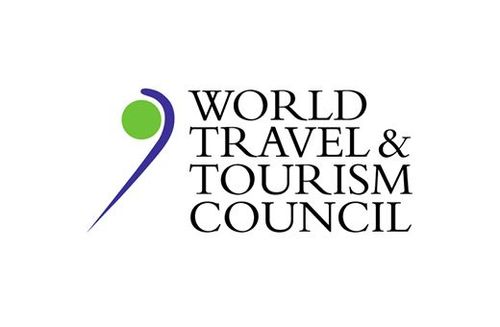Where travel agents earn, learn and save!
News / Nearly eight million new Travel & Tourism jobs to be created in Europe within the next decade
Sector expected to grow at double the rate of the overall economy over next 10 years; Europe’s Travel & Tourism sector bounce back could approach pre-pandemic levels next year

The World Travel & Tourism Council’s latest Economic Impact Report (EIR) reveals Europe’s Travel & Tourism sector is expected to create nearly eight million new jobs within the next decade.
The forecast from the World Travel & Tourism Council (WTTC), which represents the global Travel & Tourism private sector, also shows the sector will be a driving force behind Europe’s economic recovery, following more than two years of suffering.
Over the next 10 years and with an average annual growth rate of 3.3%, the Travel & Tourism sector is expected to grow at twice the rate of the overall economy, which is forecasted to expand by just 1.5% annually.
The global tourism body’s latest report also reveals Europe’s Travel & Tourism’s GDP is forecast to grow by 31.4% to €1.73 trillion (US$ 1.9 trillion).
WTTC’s EIR data for 2021 shows across Europe there was a 4.7% increase in the number of Travel & Tourism sector jobs accounting for just over 9% of all jobs, in marked contrast to the 12.5% fall the previous year.
The fastest growing region last year, it also saw the sector claw back its contribution to GDP with a 28% rise to account for 6.2% of Europe’s economy to €1.3 trillion (U.S.$1.45 trillion) up from 5.2% contribution (just over €1 trillion or U.S.$1.13 trillion in 2020).
Europe’s bounce back was in part driven by significant growth in key destination markets such as Greece, which saw a year-on-year growth of 75%, Turkey (61%), and Italy (59%).
The global tourism body also commends the EU Commission, which played a major role in the recovery of the sector with the launch of its Digital COVID Certificate last year.
According to the latest data, more than 1.7 billion certificates have been issued by member states. This successful roll out has provided a much-needed boost to economies and saved millions of jobs.
However, in several other European countries, there was a much slower than expected recovery due to numerous failed attempts by governments to clamp down on the transmission of the Omicron variant, causing the regional economic recovery to falter.











